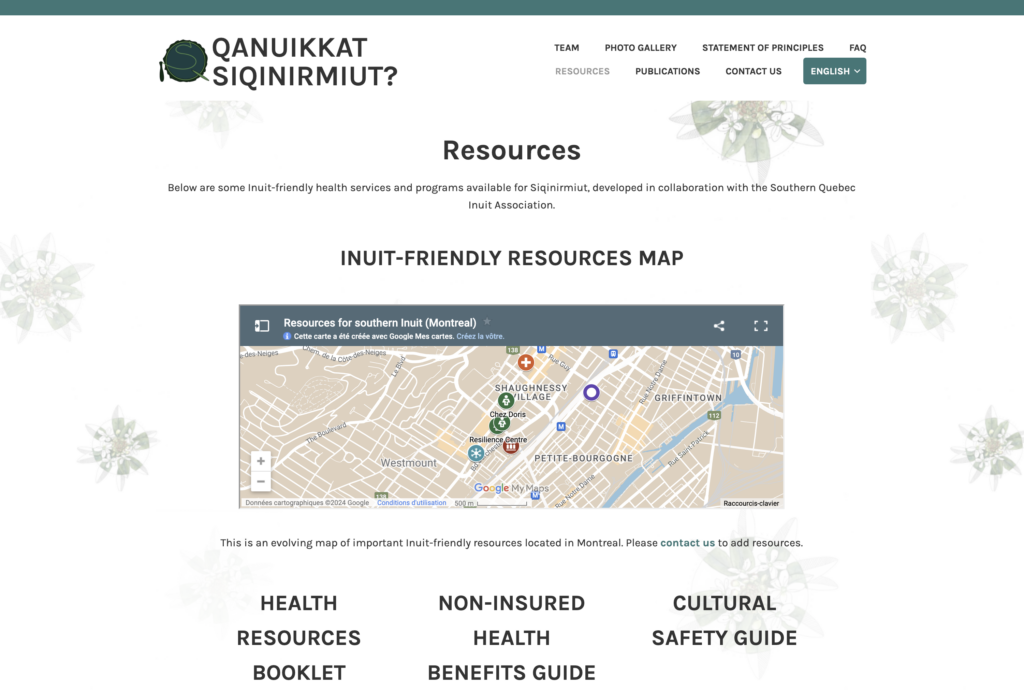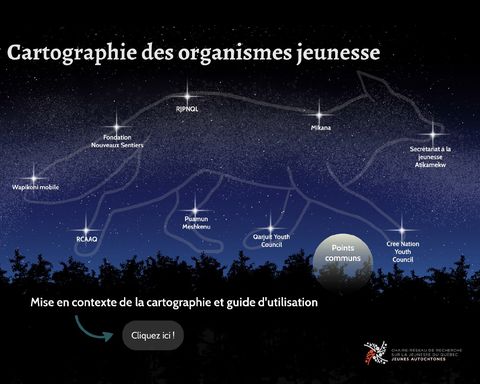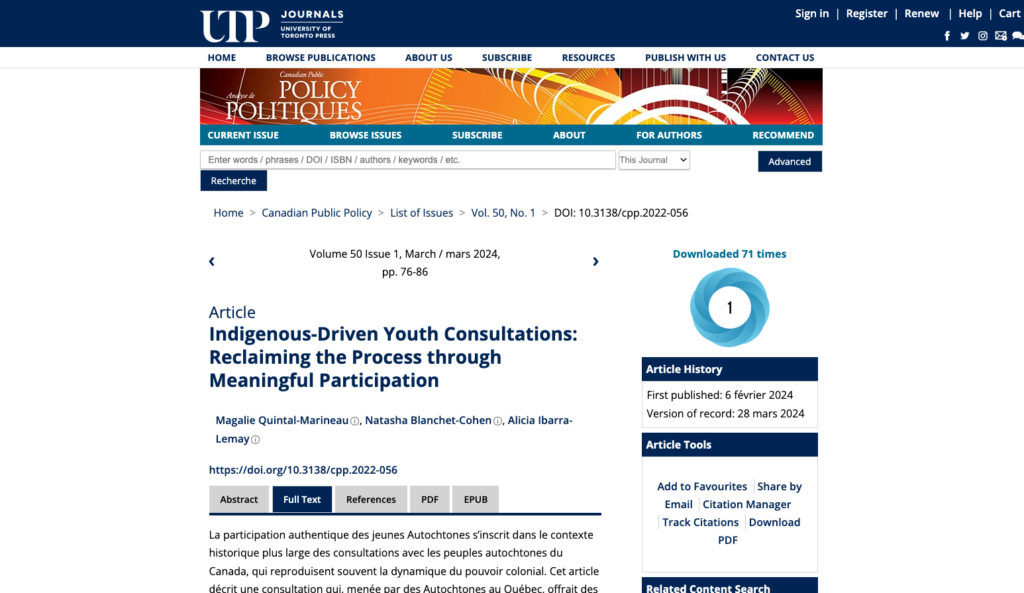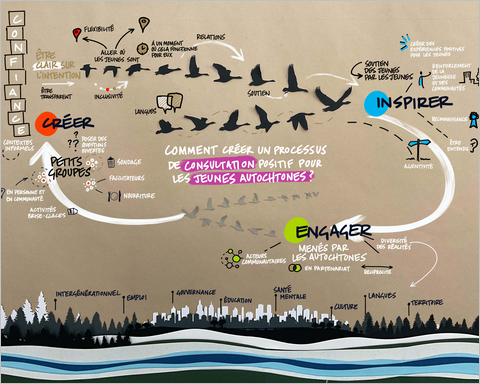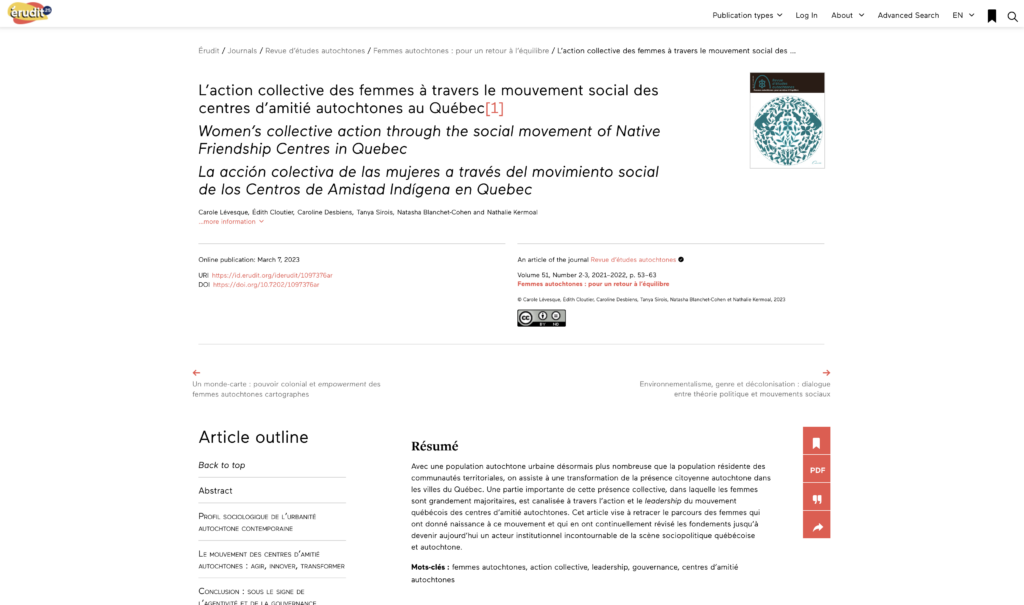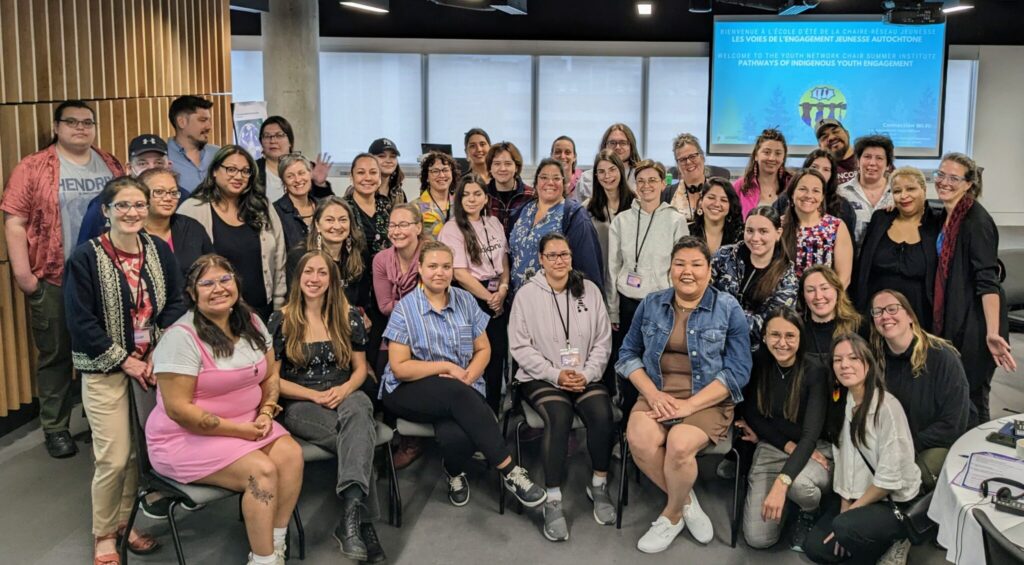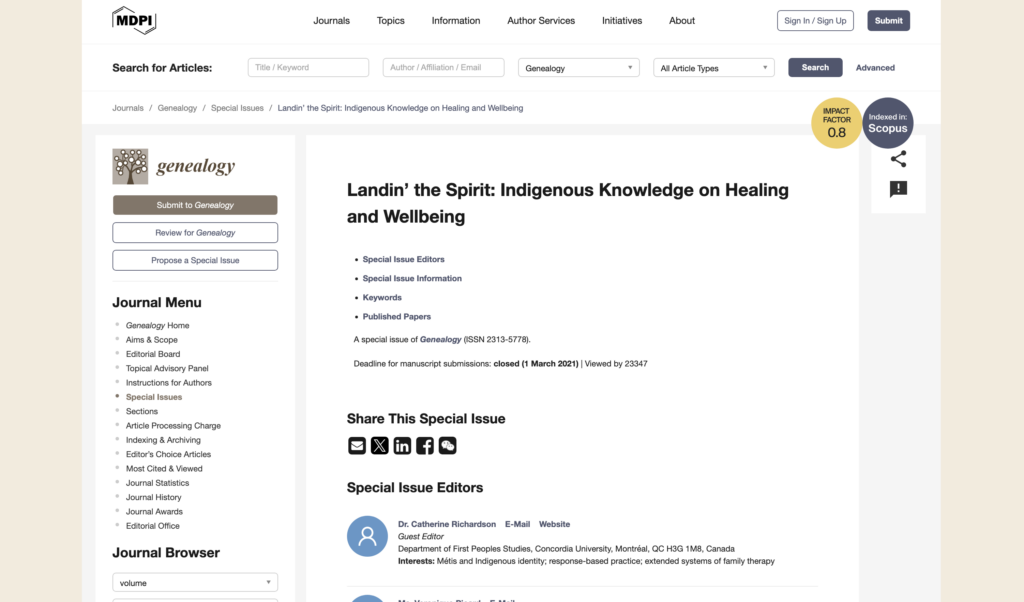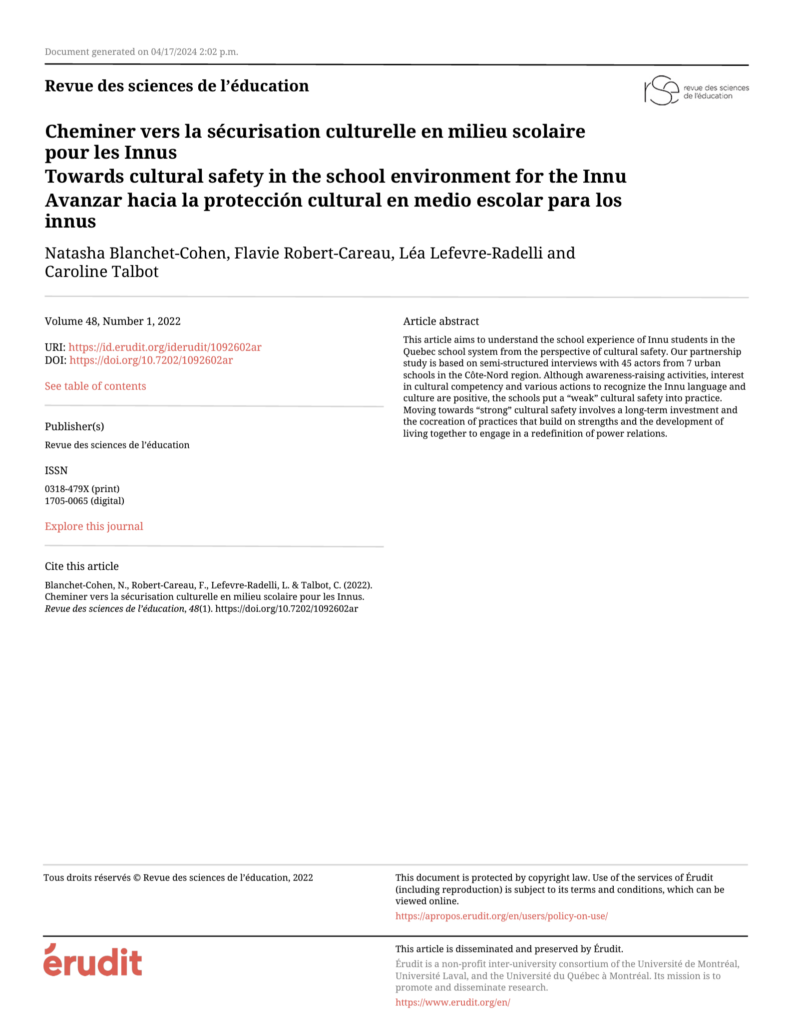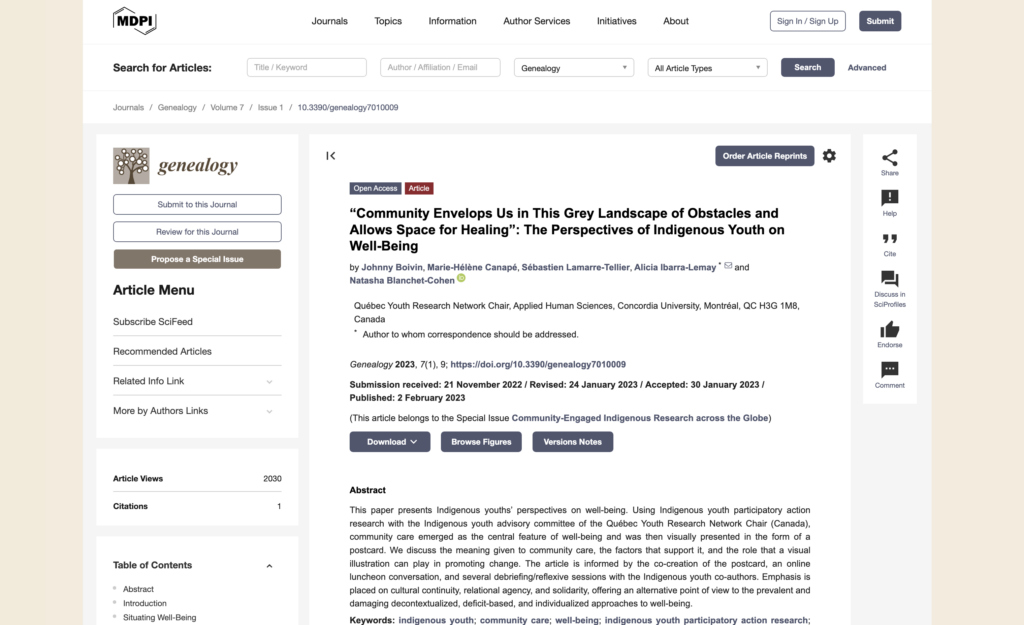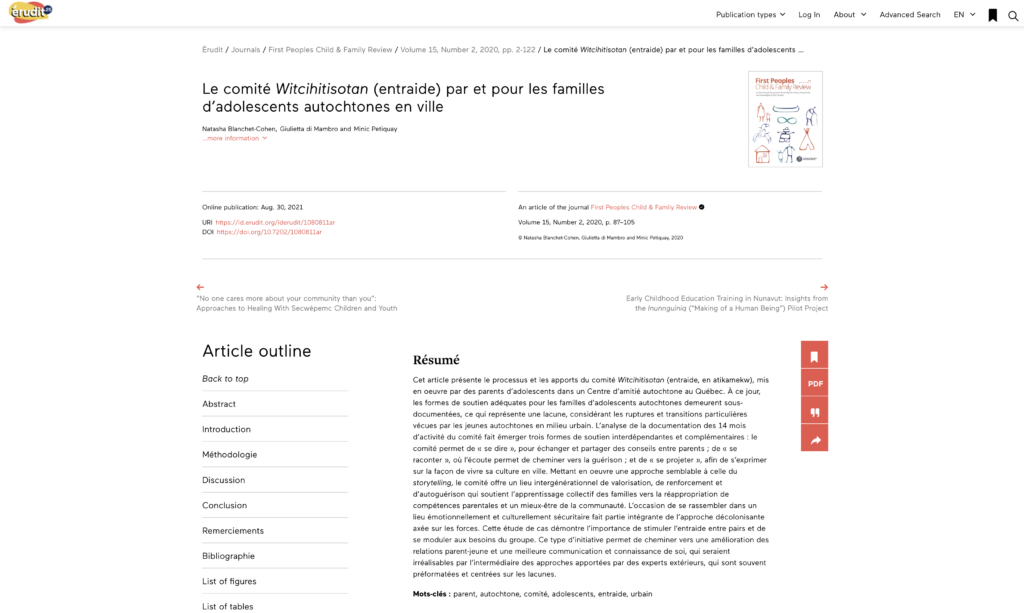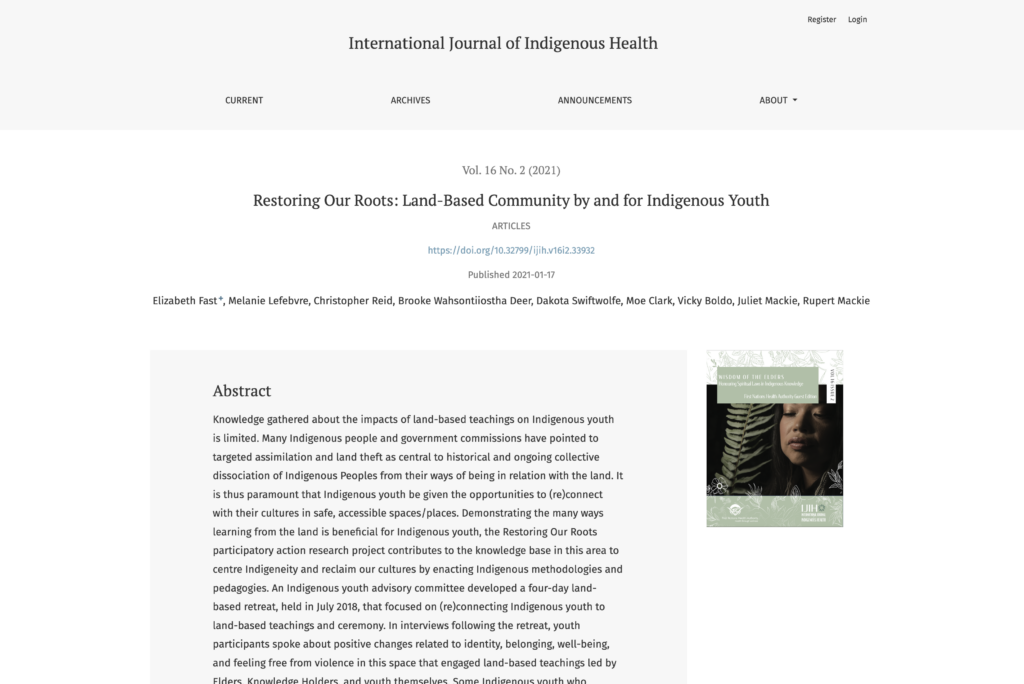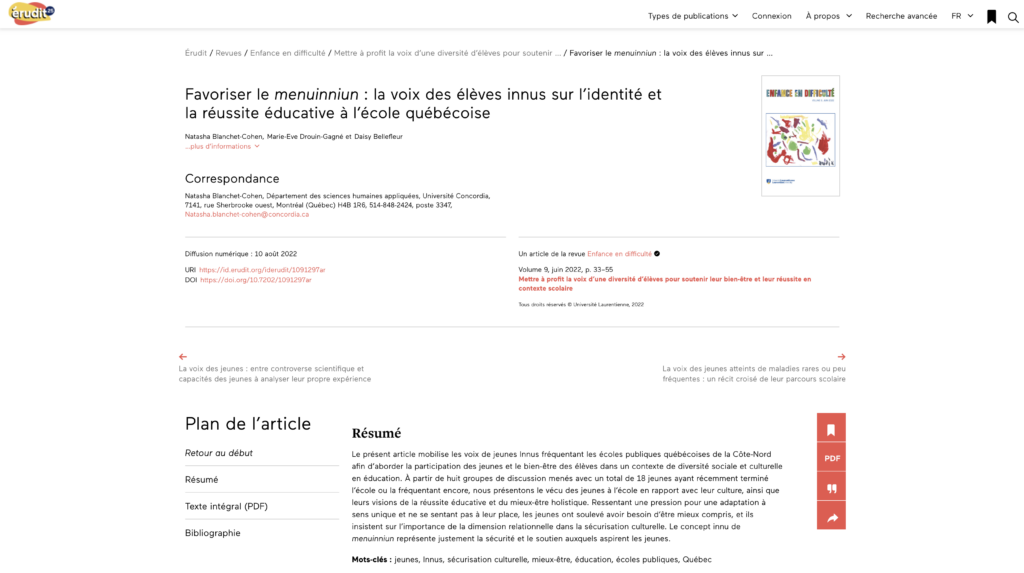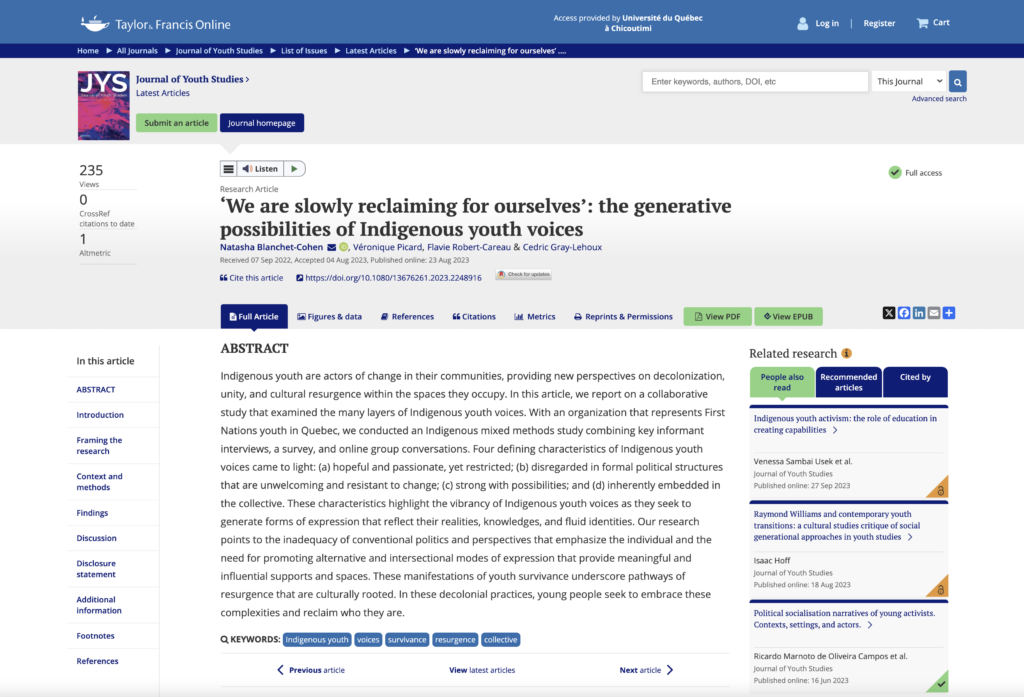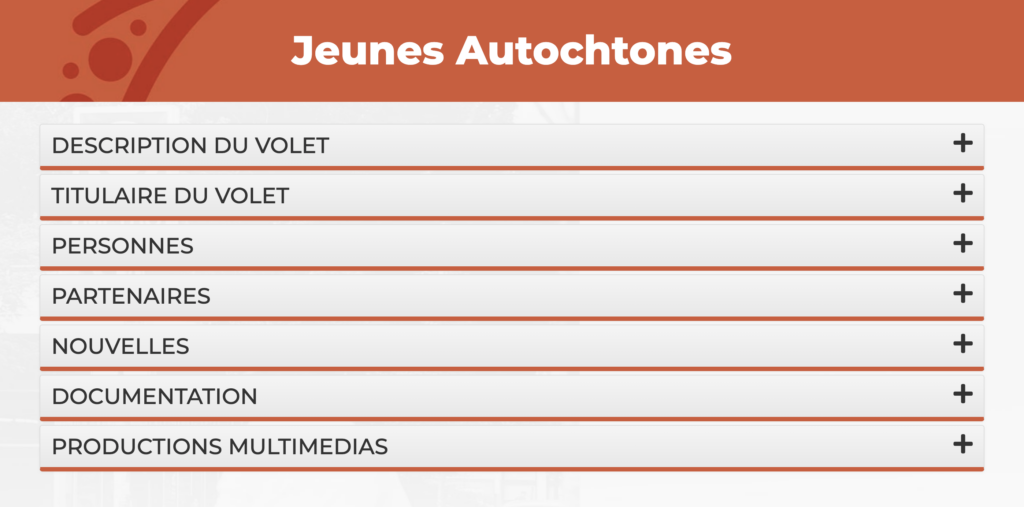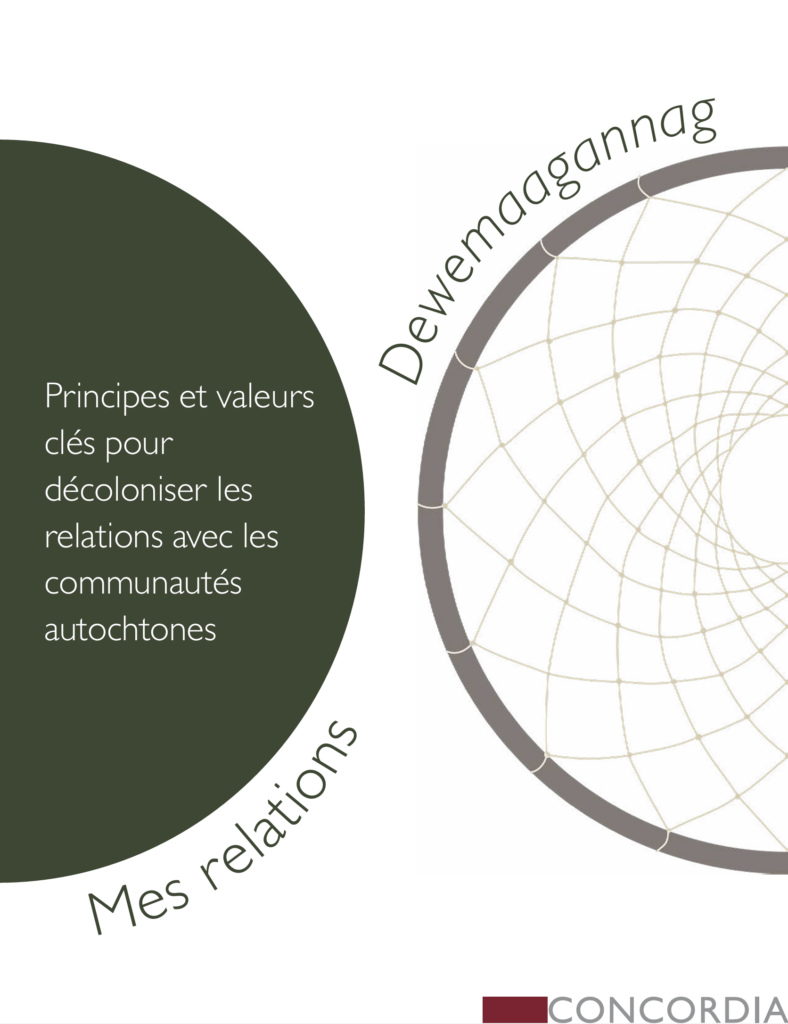Notice bibliographique
Bélanger, D., Ouellet, M. et Saraçoğlu, C. (2021). Syrian trajectories of exile in Lebanon and Turkey: Context of reception and social class. Population, Space and Place, 27(5), e2474.
Résumé
Research on refugee trajectories rarely takes into account social class. Yet migration options for those fleeing conflicts and insecurity are more or less dangerous, desirable and doable and differences in trajectories have to do with people’s ability to mobilise resources at a given time and in a given space. Based on 42 semistructured interviews conducted with Syrians who fled to Lebanon and Turkey between 2012 and 2017, this article focuses on how trajectories of exile are shaped by the interactions between social class and the specificities of the context of reception. These countries are similar to the extent that they both border Syria and host the largest numbers of Syrian refugees worldwide. Yet their respective policies, as well as their unique historical, legal and socio-economic contexts, create different impacts on refugee trajectories and refugees’ experience of inequality. We argue that as a result of the different contexts of reception for Syrians in Lebanon and Turkey, refugees’ strategies to reduce precarity also differ significantly. As such, the relevance and usefulness of any given form of capital vary. Results indicate that survival strategies and mobilisation of capital in Lebanon revolve around obtaining legal status, whereas in Turkey, where all Syrian refugees benefit from legal status under the temporary protection regime, capital is mainly used to negotiate an exploitative labour market. Our study challenges conventional class analyses that imply direct links between the possession of economic and social capital and favourable trajectories of exile.
Hyperlien
https://doi.org/10.1002/psp.2474Publication du membre
Danièle BélangerAppartenance aux volets










